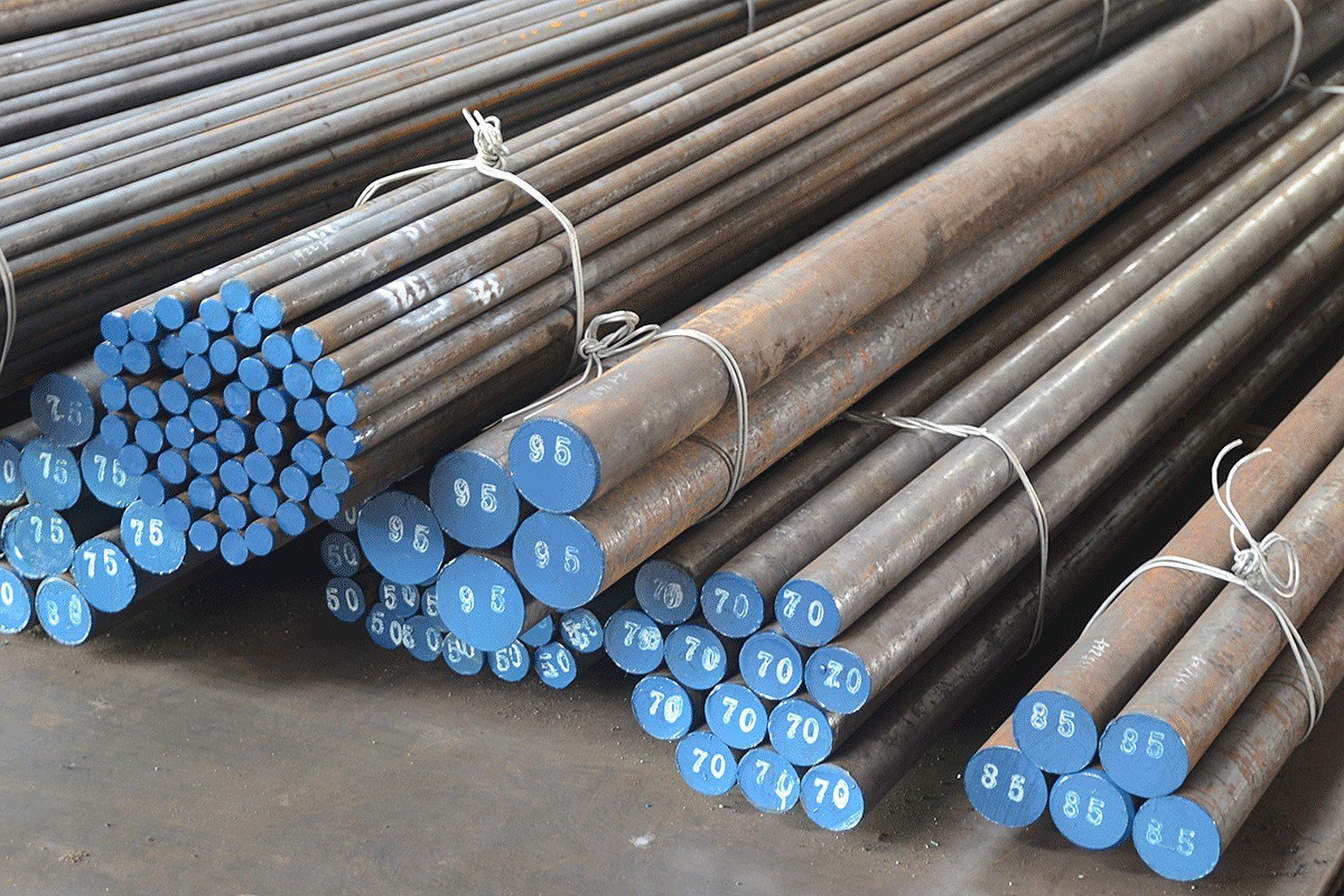
Ferro
Iran is a significant player in the global ferroalloy market, with its exports being a key component of the country’s industrial and mining sectors. Here are some important points about Iran’s ferroalloy exports:
1. Types of Ferroalloys Exported:
- Ferrosilicon: One of the major ferroalloys exported by Iran, used primarily in steelmaking and cast iron industries.
- Ferromanganese: Another important product, used to improve the hardness and strength of steel.
- Ferrochrome: Utilized in the production of stainless steel due to its high corrosion resistance.
2. Major Export Markets:
- Iran exports ferroalloys to various countries, with significant markets in Asia, including China and India, as well as in Europe.
- The demand for ferroalloys is largely driven by the steel industry, which is growing in many developing countries.
3. Production Capabilities:
- Iran has several ferroalloy production plants, leveraging its rich mineral resources, particularly iron ore and manganese.
- The country has been investing in expanding its production capacities to increase its share in the global market.
4. Economic Impact:
- Ferroalloy exports contribute significantly to Iran’s non-oil export revenues.
- The industry provides employment opportunities and supports ancillary industries such as mining and logistics.
5. Challenges:
- International sanctions have impacted Iran’s ability to trade freely, affecting its export volumes and international partnerships.
- Logistical challenges and the need for modernization in production facilities are ongoing issues.
6. Government Initiatives:
- The Iranian government has been working on policies to support the mining and metallurgical sectors, aiming to boost exports and attract foreign investment.
- Initiatives include modernization of infrastructure, investment in new technologies, and improvement of regulatory frameworks.
7. Quality Standards:
- Iranian ferroalloy producers adhere to international quality standards to compete in the global market.
- Quality control and certification processes are in place to ensure the products meet the requirements of international buyers.
8. Future Prospects:
- The global demand for steel and related products is expected to grow, providing opportunities for increased ferroalloy exports.
- Iran aims to enhance its production capacity and improve its global market share through strategic partnerships and investments.
Iran’s ferroalloy industry is a vital part of its economy, with significant potential for growth despite existing challenges. The sector’s development is closely tied to global market trends and the country’s ability to navigate international trade dynamics.
Buying ferroalloys from Iran can offer several benefits, depending on your business needs and market conditions. Here are some reasons why purchasing ferroalloys from Iran could be advantageous:
1. Competitive Pricing:
- Cost-Effective: Iran often offers competitive prices for ferroalloys due to lower production and labor costs compared to other countries.
- Market Dynamics: Due to its rich mineral resources and established production facilities, Iran can offer favorable pricing for bulk orders.
2. Quality Products:
- High Standards: Iranian ferroalloy producers adhere to international quality standards, ensuring that the products meet the specifications required by global industries.
- Consistency: The quality control processes in place ensure consistent product quality, which is crucial for industrial applications.
3. Abundant Resources:
- Rich Mineral Reserves: Iran has significant reserves of raw materials such as iron ore and manganese, which are essential for ferroalloy production.
- Sustainable Supply: The availability of these resources ensures a stable and reliable supply chain for buyers.
4. Strategic Location:
- Proximity to Key Markets: Iran’s geographical location is advantageous for shipping to markets in Asia, Europe, and Africa, potentially reducing transportation costs and delivery times.
- Logistics Infrastructure: Iran has developed infrastructure for export, including ports and transportation networks, facilitating efficient shipment of goods.
5. Government Support:
- Export Incentives: The Iranian government supports the mining and metallurgical sectors with policies and incentives aimed at boosting exports.
- Investment in Industry: Ongoing investments in production technology and infrastructure improvements enhance the competitiveness of Iranian ferroalloys.
6. Variety of Products:
- Diverse Range: Iran produces a variety of ferroalloys, including ferrosilicon, ferromanganese, and ferrochrome, catering to different industrial needs.
- Customization: Many Iranian producers can offer customized alloys to meet specific requirements of different industries.
7. Economic Diversification:
- Non-Oil Export Focus: As Iran seeks to diversify its economy away from oil, the government is placing greater emphasis on supporting non-oil exports, including ferroalloys, ensuring a strong focus on maintaining and improving this sector.
8. Long-Term Partnerships:
- Reliability: Iranian suppliers are keen to establish long-term relationships with international buyers, offering reliability and consistent supply.
- Flexibility: Many suppliers offer flexibility in terms of payment options and contract terms to accommodate international buyers.
9. Market Conditions:
- Demand and Supply Balance: If there are supply constraints or higher prices in other regions, sourcing from Iran could provide a strategic advantage.
- Diversification of Sources: Diversifying your sources of ferroalloys by including Iran can reduce dependency on a single supplier or region, mitigating risks associated with supply chain disruptions.
Considerations:
While there are many benefits, it’s also important to consider potential challenges such as international sanctions, payment and banking restrictions, and logistical hurdles. Conducting thorough due diligence, understanding the regulatory environment, and having contingency plans can help mitigate these risks.
Ultimately, buying ferroalloys from Iran can be a cost-effective and quality-driven decision, providing you can navigate the associated challenges and leverage the benefits offered by Iranian suppliers.

